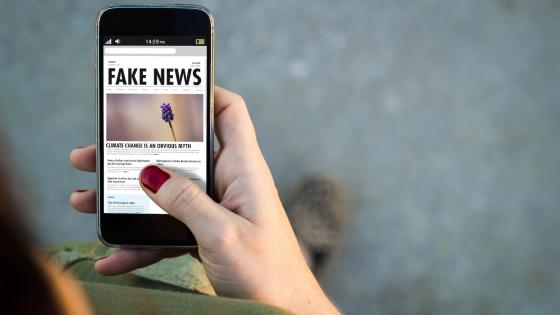DP14738 Checking and Sharing Alt-Facts
Using an online randomized experiment in the context of the 2019 European elections campaign in France, we study how fact-checking affects sharing of false news on social media. We exposed a random sample of French voting-age Facebook users to statements on the role of the European Union made by the far-right populist party Rassemblement National. A randomly selected subgroup of participants was also presented with fact-checking of these statements; another subgroup was offered a choice whether to view the fact-checking information. Then, all participants could choose whether to share the false statements on their Facebook pages. We show that (i) both imposed and voluntary
fact-checking reduce sharing of false statements by about 45%; (ii) the size of the effect is similar between imposed and voluntary fact-checking; and (iii) each additional click required to share false statements substantially reduces sharing. These results inform the debate about policy proposals aimed at limiting propagation of false news on social media.


